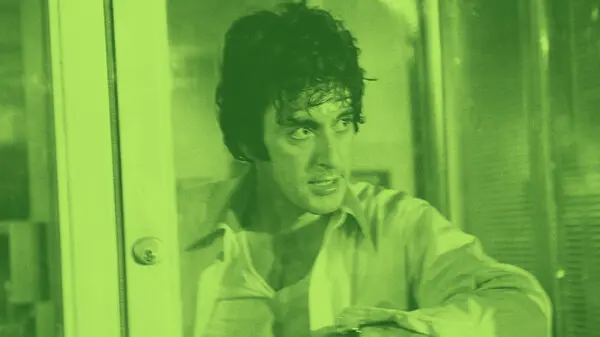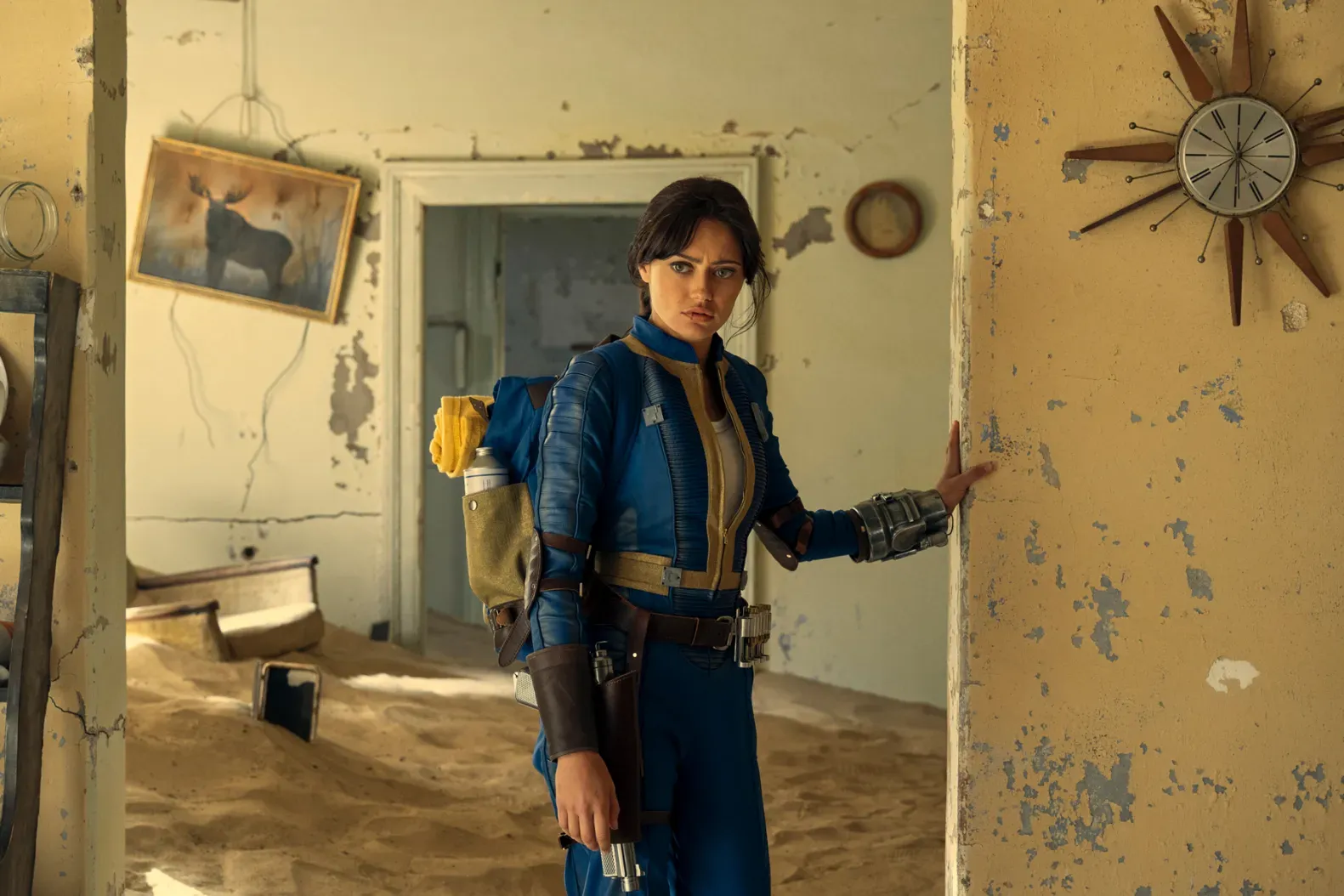
La Chimera (2024) — Movie Review
- Apr 3, 2024
Alice Rohrwacher's "La Chimera" presents a refreshing take on the usual heist plot - an ex-convict, Arthur, seeking the one big score that will finally pave way for his friends and him to achieve riches. With a dream-like interpretation and an unhurried journey towards the climax, the film interweaves vignettes of local color, snippets of dialogues, and glimpses of cultural practices, never rushing to its destination.
"La Chimera," much like Rohrwacher's entrancing "Happy as Lazzaro," whispers more profound narratives than perceived at first glance. It paints a vivid picture of the pull between age-old culture, contemporary dilemmas, and the melancholy of lost love. Arthur, portrayed by Josh O'Connor, plays a hangdog protagonist whose gift for discovering hidden Etruscan artifacts while in a trance-like state forms the core of the plot.
However, Arthur, an Englishman in rural Italy, constantly grapples with the presence of Beniamina, a captivating woman from his past, as he revisits her dilapidated mansion manned by ever-chattering ladies and a stoic matriarch, Isabella Rossellini. With cinematographer Hélène Louvart, Rohrwacher uses hazy imagery to set a surrealistic tone, leaving viewers questioning the reality of sequences.

Despite some questionable choices in the film-like its slapstick sped-up sequences and changing aspect ratios-in general, Rohrwacher successfully casts an enchanting trance. A significant part of this enchantment lies in O'Connor's portrayal of Arthur - a man of enigmatic contradictions. While he is neither morally upright nor particularly intriguing, viewers can't help rooting for his success, offering a sense of hope in otherwise grim times.
By the end, Rohrwacher, with her knack for juggling a multitude of tones, focuses on an unexpectedly poignant surprising element of Arthur's journey. This film serves to cement Rohrwacher's position as a distinct and artistic voice in contemporary filmmaking.







